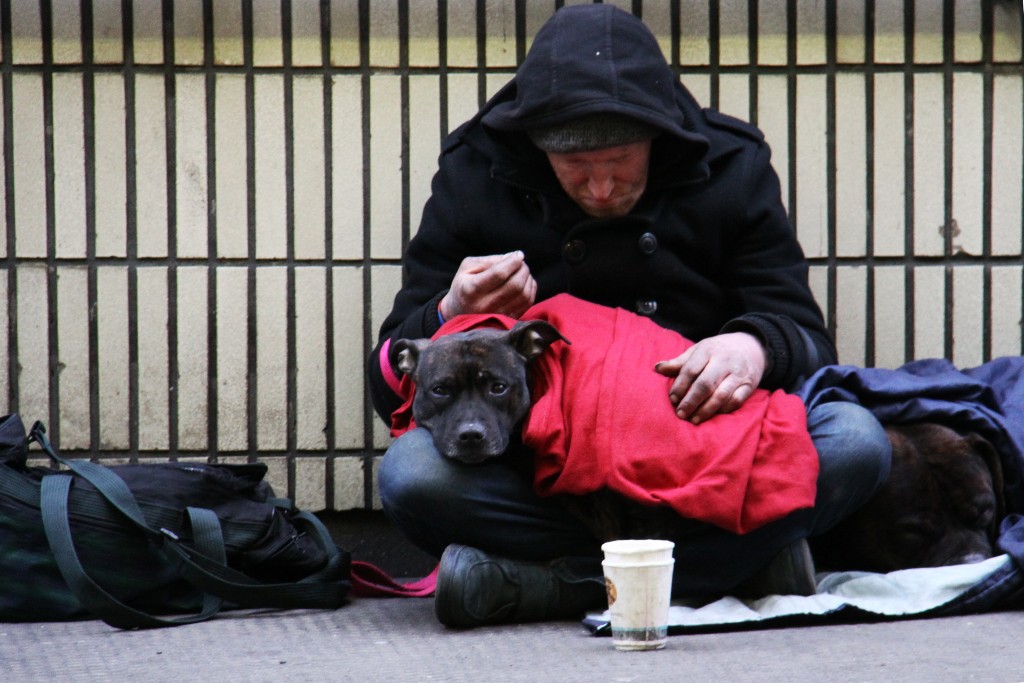A total of 10 media outlets based in Washington, D.C. published reports on the ongoing homelessness crisis in the city on Thursday.
The reports aimed at investigating homelessness and searching for solutions to end the problem.
DCist, The D.C. Line, Street Sense Media, District Dig, WAMU 88.5, WAMU, Washington City Paper, The GW Hatchet, 730DC and The Washington Post coordinated their coverage on the issue for the fourth consecutive year.
The main goal of the coordination is to avoid duplicate posts from different publications and to widen the range of efforts in assessing the crisis.
DC's homeless shelter plan is behind schedule: https://t.co/qmblwAJOxx https://t.co/57zsZupriu
— Greater Greater Washington (@ggwash) August 30, 2019
DCist ran a story about the current situation on the six new family shelters that is planned to replace D.C. General, a former hospital used as a homeless shelter, before it was shut down a year ago. Following reports of sexual abuse by shelter employees at the old facility, the new place will be staffed by non-profit agencies serving as contractors for the city.
I appreciate @ggwash exploring urban challenges beyond the sexy topics of transportation and land use. Great repost on the unsheltered in DC. –> Why do homeless encampments persist? Unsheltered people weigh in. https://t.co/lYc7y4LFch
— Veronica (@VeronicaODavis) August 30, 2019
Another article by DCist was titled “The Many Ways That Leftover Food Turns Into Meals For D.C.’s Homeless Community.” It gives the details of how D.C.’s potentially wasted food can be conveyed to shelters and organizations.
Rachel M. Cohen wrote a column on DCist about homeless children in the city and how some charities distributed school supplies to them earlier this year.
The D.C. Line’s Jonetta Rose Barras wrote about Mayor Muriel Bowser‘s affordable housing efforts. She questioned why Bowser withdrew $7.2 million from the city’s reserve fund for an “affordable rental housing project” at 3500 East Capitol St. SE, while the District’s Housing Production Trust Fund (HPTF) has $100 million in fiscal year 2019.
In her piece for WAMU, Sasha-Ann Simons asked “The Economy’s Good, So Why Are Food Banks Still Struggling To Meet The Demand?”
All the articles published on August 29 as part of the joint project can be found here.
In the District alone, 6,521 people live on the streets, while the number exceeds 500,000 in the whole country.

